Description
Marble Chips are metamorphic rocks formed by the alteration of limestone by heat and pressure. In its pure form, marble is a white stone with a
crystalline and sugary appearance, consisting of calcium carbonate CaCO3. Usually, marble contains other minerals, including quartz, graphite, pyrite, and iron oxides. It is used for its chemical properties in pharmaceuticals and agriculture. It is used for its optical properties in cosmetics, paint, and paper. They are used as Industrial Raw Materials with other industrial raw material products such as Silica Flour, Limestone, Aggregate, Quicklime, Talc, Volcanic Rock and Abrasives.
Marble is usually a light-colored rock. It is one of the most effective acid neutralization materials. Being composed of calcite, marble has a hardness of three on the Mohs hardness scale. As a result, marble is easy to carve, and that makes it useful for producing sculptures and ornamental objects. After being sanded with progressively finer abrasives, marble can be polished to a high luster. This allows attractive pieces of marble to be cut, polished, and used as floor tiles, architectural panels, facing stone, window sills, stair treads, columns, and many other pieces of decorative stone. Marble chips work best when used in paths and patios as a substitute for gravel. Although gravel often is used as inorganic mulch around plants, marble chip mulch’s reflected sunlight can be too intense for plants in full-sun locations. Today, marble is quarried all around the world and is used to create giant monuments, it is used in building, even down to applications as simple as kitchen counter tops. It’s classified as a metamorphic stone, which means that it has changed composition over time from one type of rock to another.
Also used in:
- Building Stone
- Countertops and sinks
- Floor tiles
- Terrazzo – marble chips mixed with concrete to form floors.
- Tomb Stone



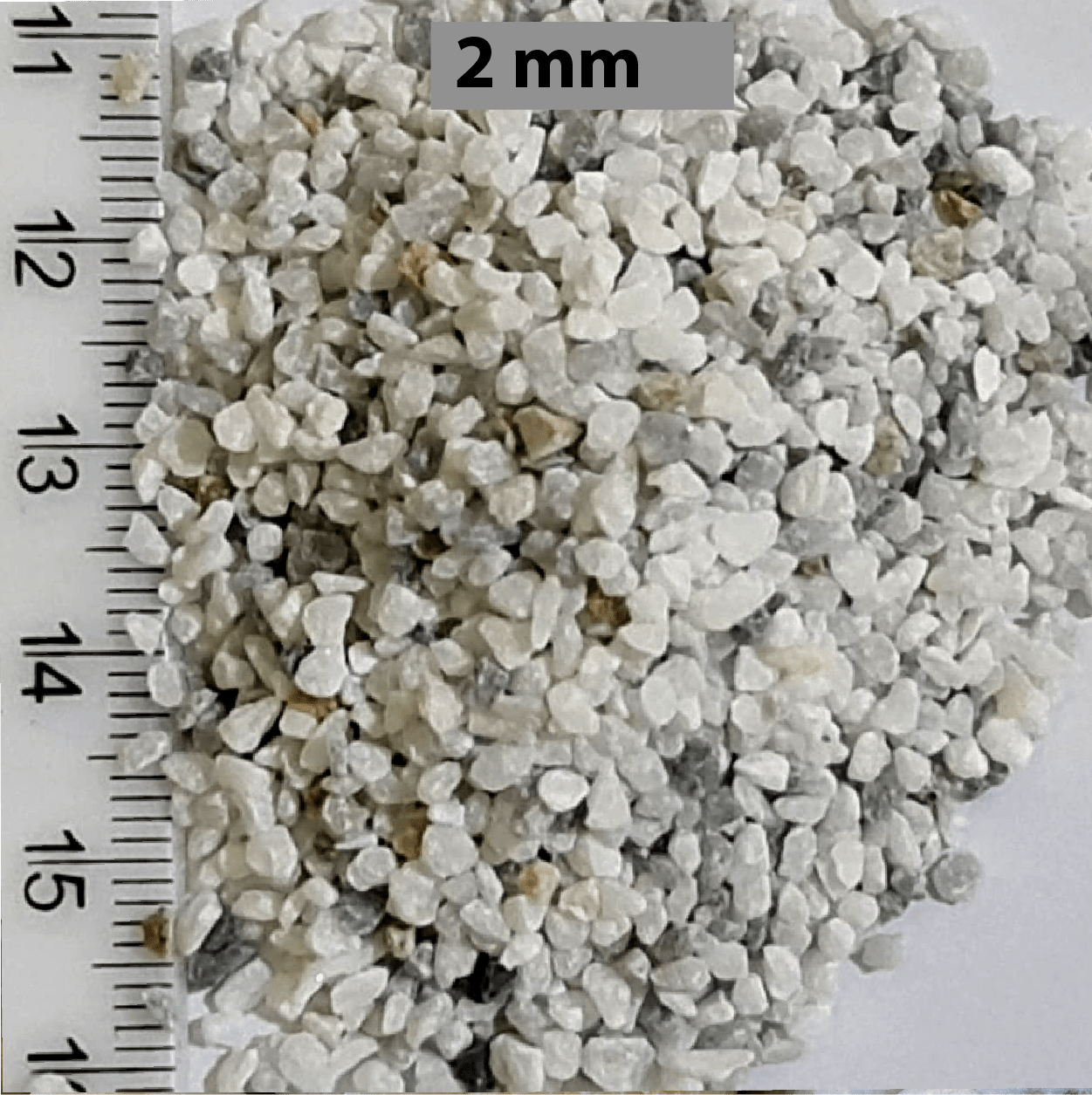
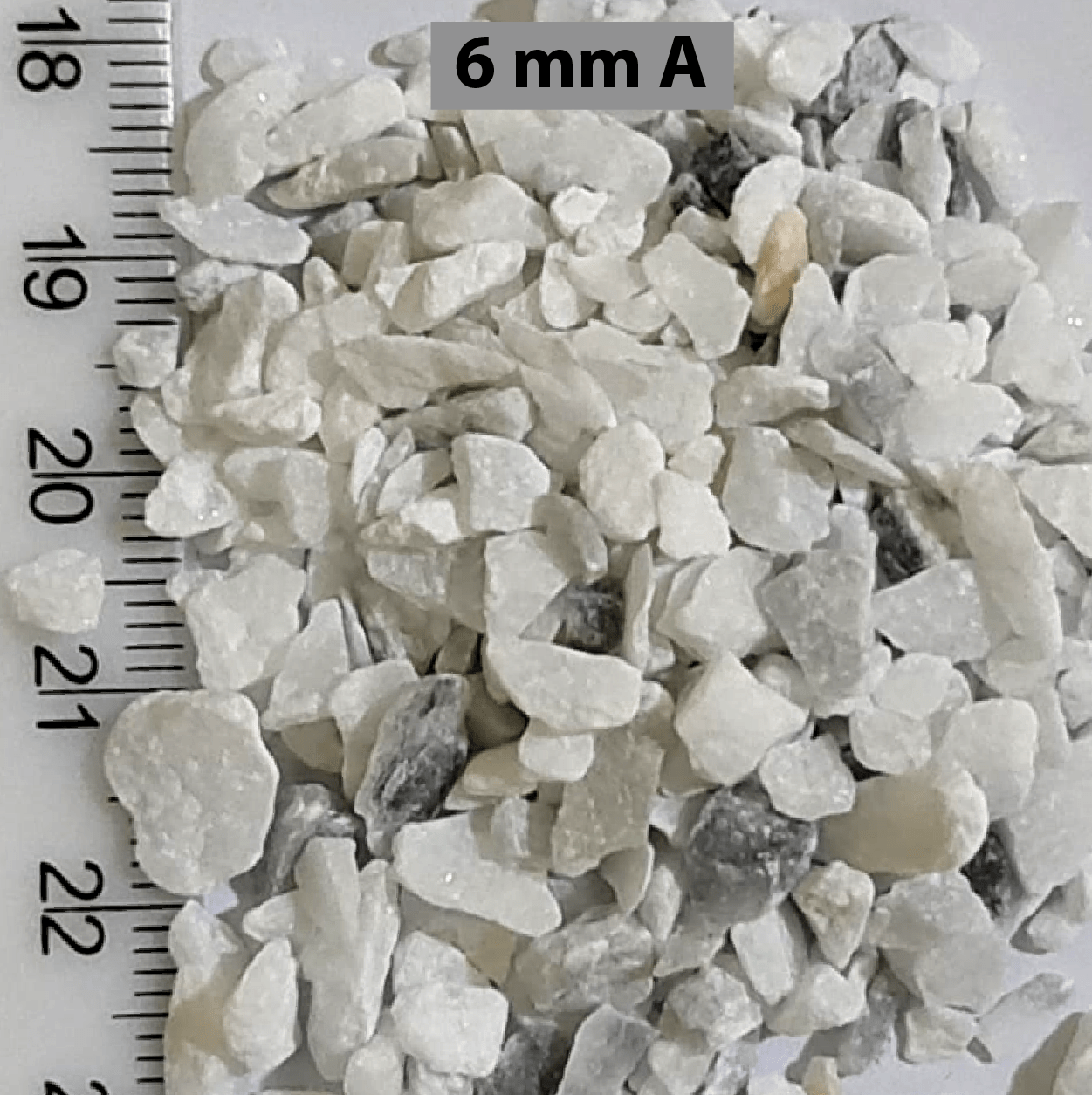
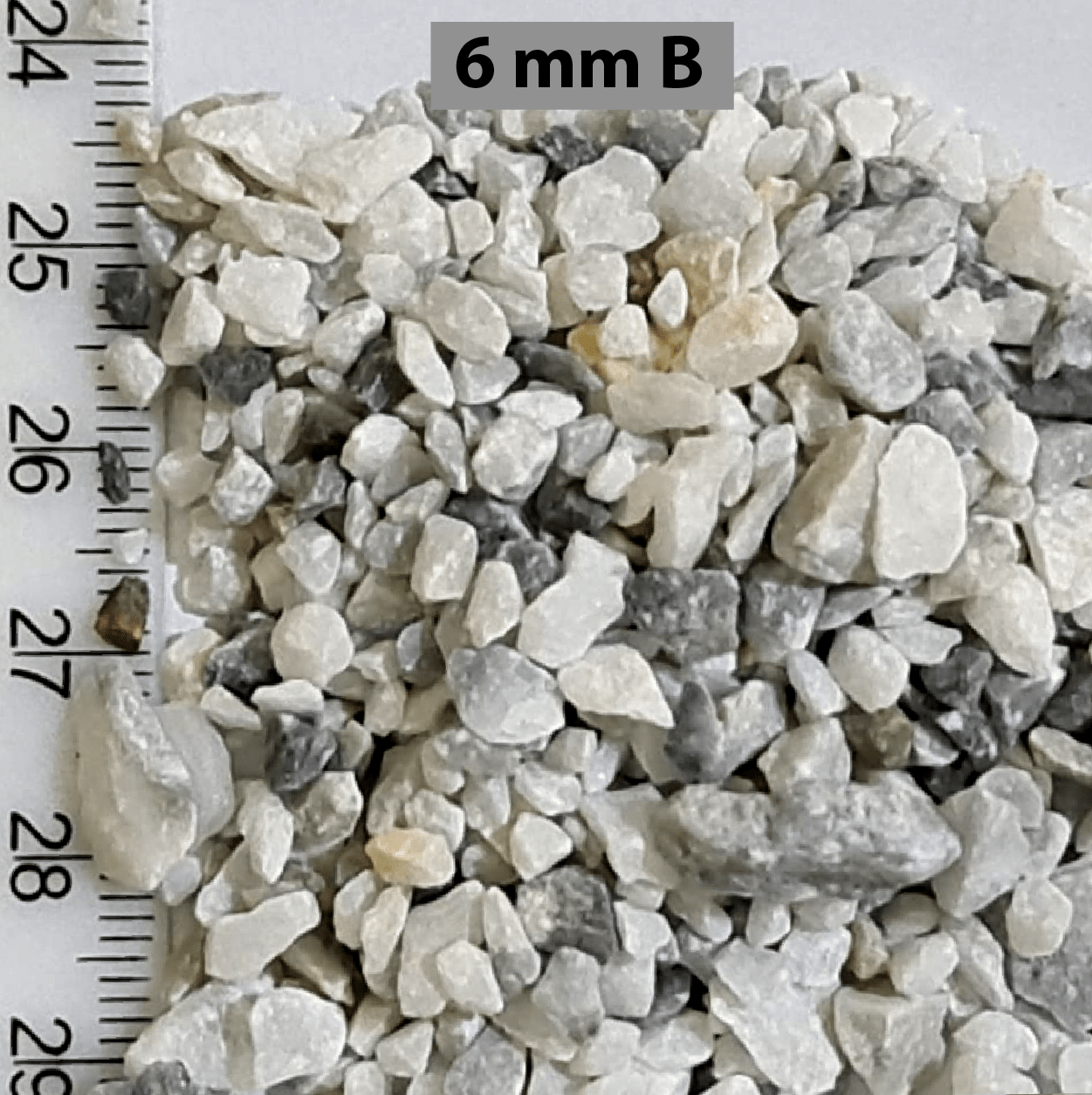
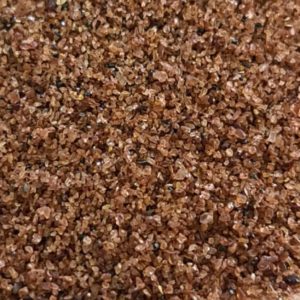
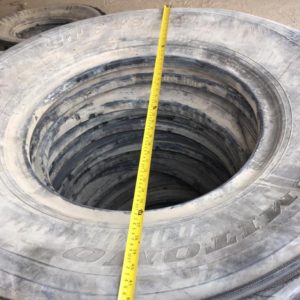
Reviews
There are no reviews yet.